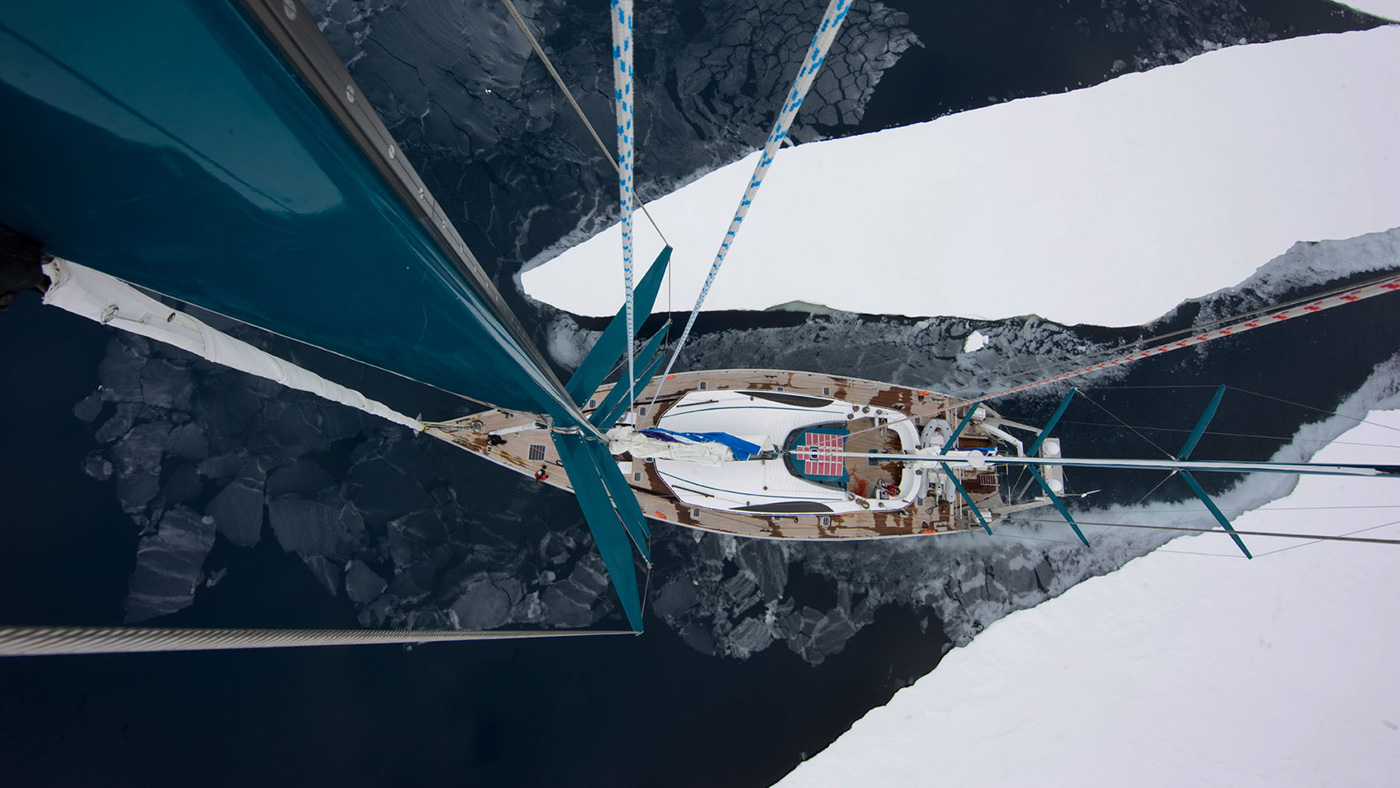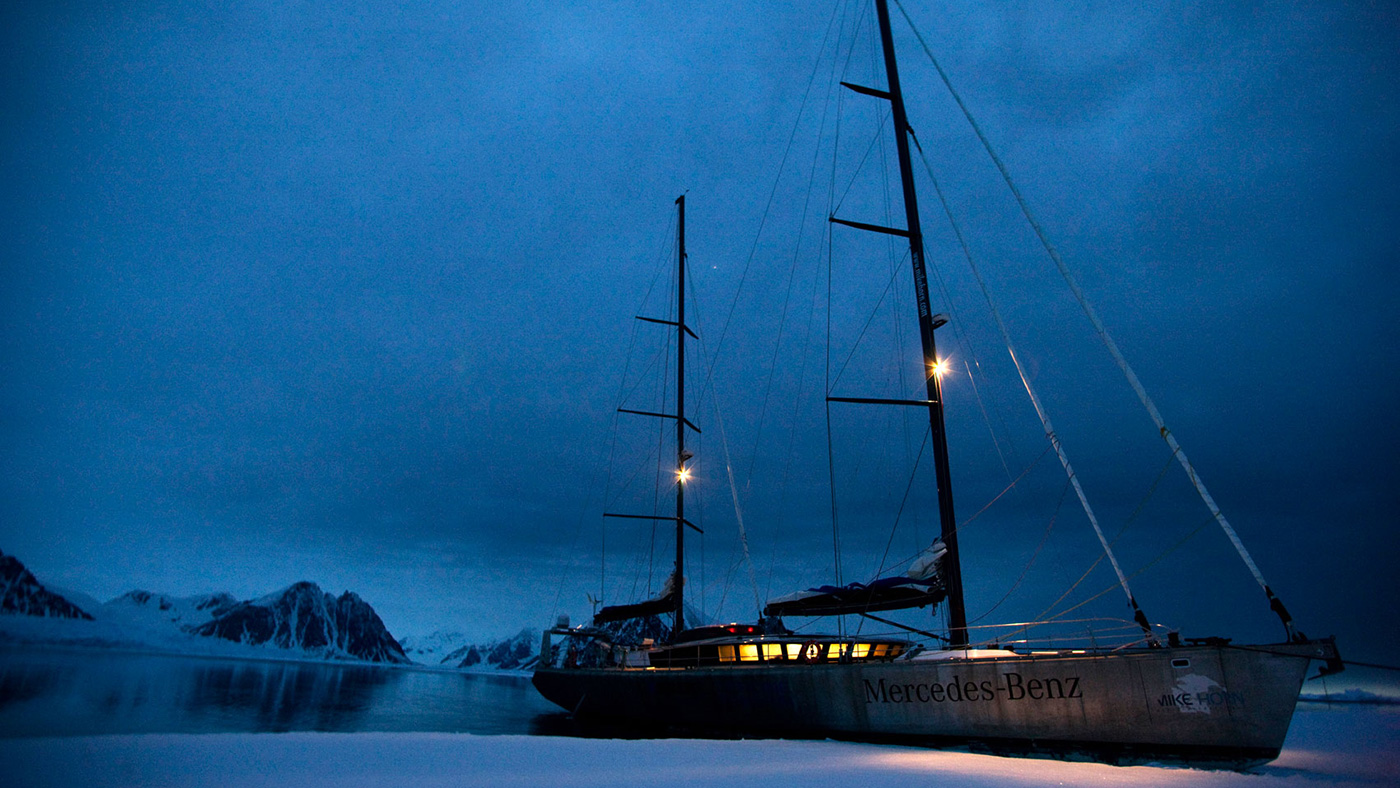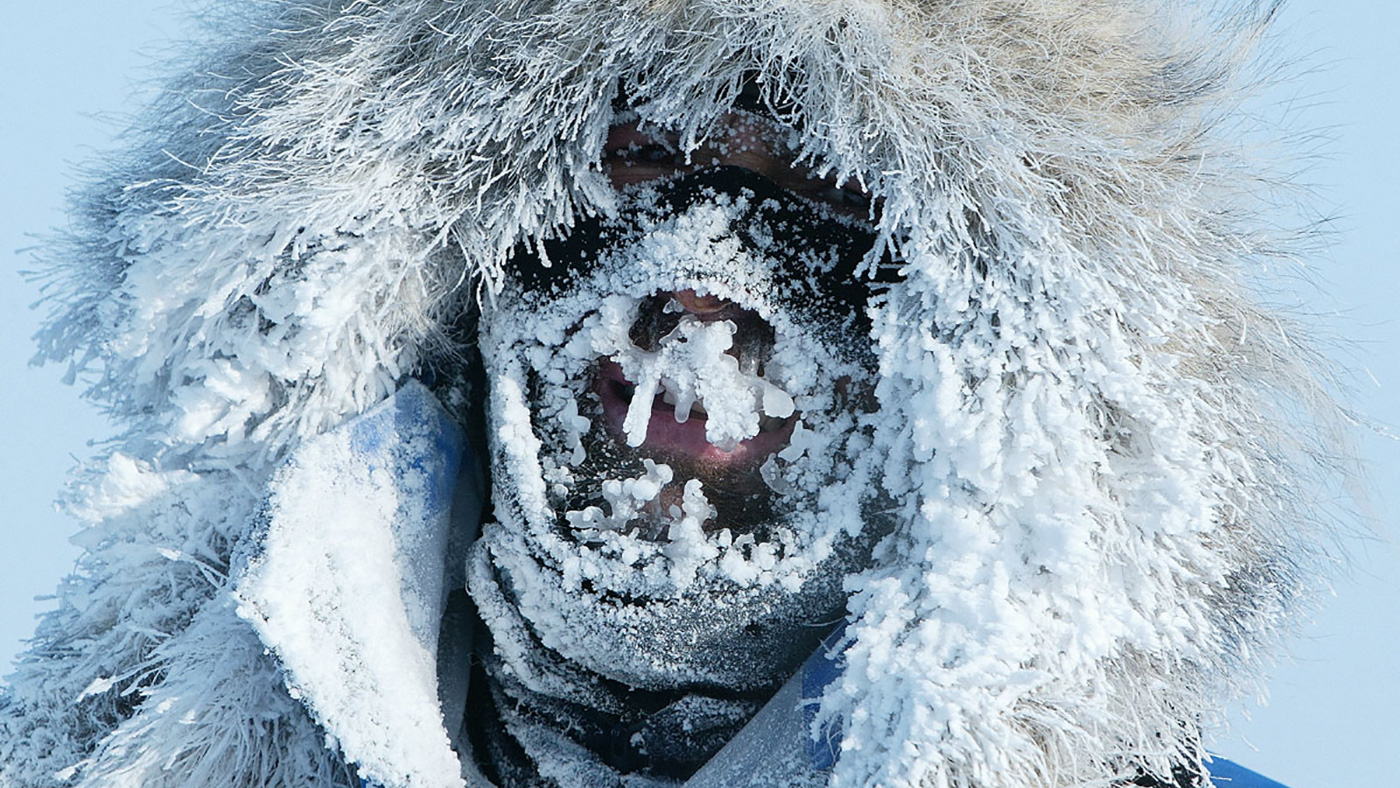Adventurer Mike Horn on conquering the world
The intrepid adventurer talks self-reflection, overcoming challenges and why he's more afraid of humans than nature



Exploration is certainly not what it used to be. In the past, we knew so little of the world and exploration was a necessity to discover and chart unknown locations. Today, it isn't an essential career and the job description itself has shifted. Explorers no longer explore to know the world; they explore primarily for themselves.
When I set my mind to something, I have great difficulty turning back. So, when I broke my knee in a car accident before plans to swim the length of the Amazon, I chose to follow my original plan and leave for the adventure anyway. Accidents happen, obstacles surface – such is the course of life. You shouldn't back off from something you've planned because things don't go your way. Most of the expeditions I've undertaken have involved a lot of alone time, but that is also one of the reasons I love solo exploration so much.
Of course, I miss my family, but that becomes my motivation to make it back home quicker and safer. You have to turn your deprivations and downsides into motivations, then, suddenly, things become a lot easier and more enjoyable.
The Week
Escape your echo chamber. Get the facts behind the news, plus analysis from multiple perspectives.

Sign up for The Week's Free Newsletters
From our morning news briefing to a weekly Good News Newsletter, get the best of The Week delivered directly to your inbox.
From our morning news briefing to a weekly Good News Newsletter, get the best of The Week delivered directly to your inbox.
In our day-to-day lives, we too often neglect to take time for ourselves. I believe the secret to wellbeing and peace of mind is learning how to live with oneself, to self-reflect and to self-improve. Thinking-time generates creativity – every step I take, a new idea surfaces, one that usually ends up turning into an expedition. Extreme temperatures, high altitudes and areas limited in natural resources are often my biggest challenges; however, I look forward to encountering them – it's by overcoming that I acquire experience and knowledge.

Then again, the most frustrating aspect of any expedition is having to deal with people – to get insurance, visas, tickets, permits. Rules and regulations are tighter than ever. Now, permits are required for me to travel almost anywhere and that's hugely limiting.
During all my years of exploring, animals and the environment have never terrified me as much as human beings – I have respect for both, so can't be disappointed or terrified by either. Throughout my many expeditions, I've seen at first hand the devastating consequences our actions have had. And, of course, human beings can damage not only their environment but also other humans and these days, I'm afraid of the wrong people being in power with the wrong ideas of what is right for our planet.
MIKE HORN is arguably the world's greatest living explorer. The South African-born Swiss has completed just about every great adventure on the map: he has trekked the equator without use of any motorised transport and, in the same manner, walked to the North Pole, during winter, in permanent darkness; he climbed some of the world's highest peaks – 26,000ft-plus – without the use of porters or oxygen; he has walked solo across Siberia, and circumnavigated the Arctic Circle solo, too. Thanks to sponsorship from the likes of Mercedes and Metaxa, he is now circumnavigating the world "vertically", via both poles. mikehorn.com
A free daily email with the biggest news stories of the day – and the best features from TheWeek.com
-
 The battle over the Irish language in Northern Ireland
The battle over the Irish language in Northern IrelandUnder the Radar Popularity is soaring across Northern Ireland, but dual-language sign policies agitate division as unionists accuse nationalists of cultural erosion
-
 Villa Treville Positano: a glamorous sanctuary on the Amalfi Coast
Villa Treville Positano: a glamorous sanctuary on the Amalfi CoastThe Week Recommends Franco Zeffirelli’s former private estate is now one of Italy’s most exclusive hotels
-
 How roadkill is a surprising boon to scientific research
How roadkill is a surprising boon to scientific researchUnder the radar We can learn from animals without trapping and capturing them